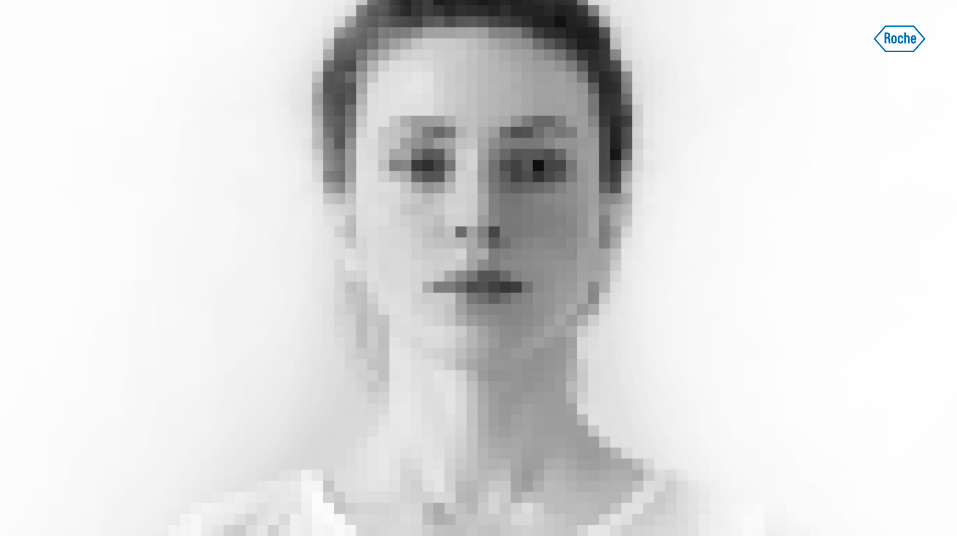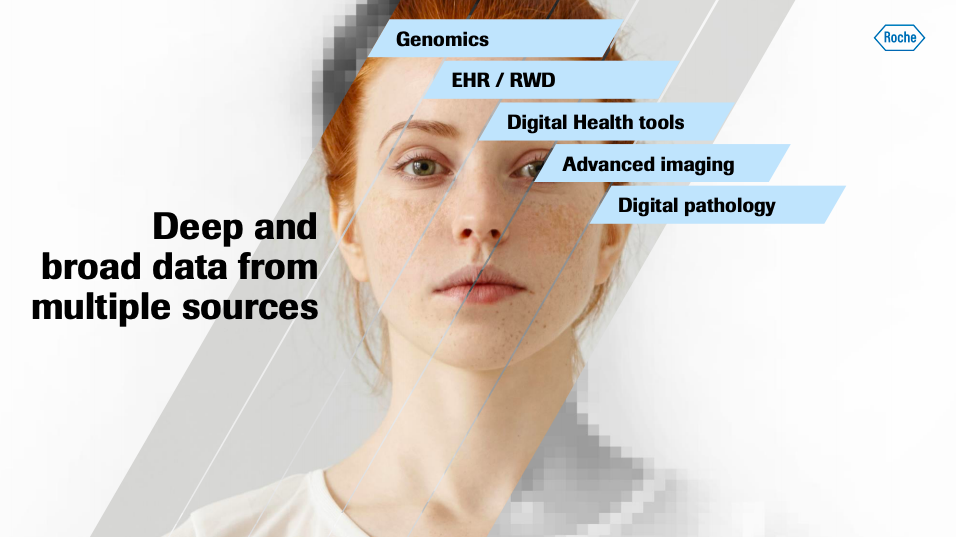Cancer data: Are you ready to meet your DigiTwin? (Guest blog)
These days we hear a lot about how big data and personalised medicine will radically change cancer care. Sometimes it can feel as though these advances are remote or futuristic. However, at a multi-stakeholder event on data in oncology, this real potential arising from a combination of our deepening understanding of biology and the predictive power of artificial intelligence (AI) crystalized in my mind.
I was representing the EFPIA Oncology Platform at the meeting in Bucharest which was attended by company representatives, national and international experts, academics, and authorities. Together, we discussed how to unleash the potential of data in the fight against cancer.
The big take-home question for me was: Will I have a DigiTwin alias a digital twin?
This idea is rapidly gathering momentum thanks to the development of predictive models and purpose-built computational approaches, including AI. Experts discussed how these tools can be used to guide medical decisions and provide the most effective therapy or prevention recommendations for individuals.
This means that instead of testing an intervention on me, all possible preventative and treatment options will be first tested on my personal digital twin, to identify the best option. This virtual version of me will help to make personalised medicine real – improving outcomes in the process.


